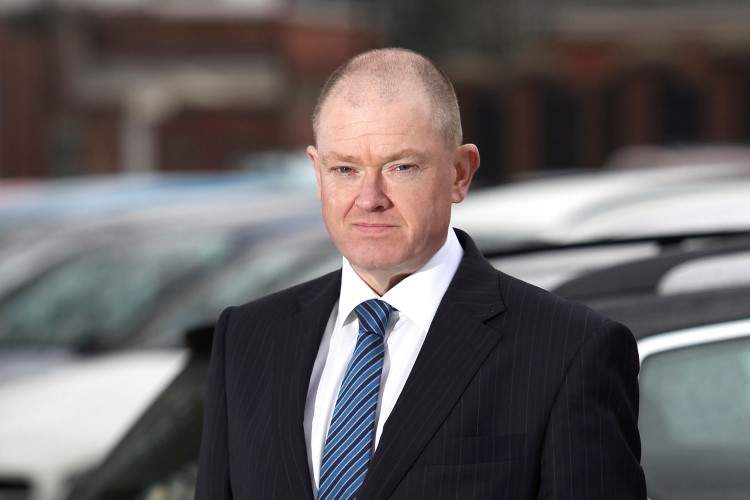
Personal contract purchase (PCP) has established itself as one of the most popular products in the new car market.
Continued growth in new cars has largely aided its popularity among consumers, and we expect this to continue in the years ahead.
Although we have seen dealers in the new car space taking full advantage of this type of finance, it is only just cutting through the surface in the used car market. For dealers, PCP provides a great opportunity. Not only does this financing option play a role in increasing sales, but it also allows them to develop a loyal client base. However, for dealers to really benefit from PCP and make it a viable option that will drive sales, it is important to fully understand the product and the regulations involved.
The rise in PCP represents a sea change in the customer cycle. We are at a time when consumers want items for the short term, and this no longer just includes mobile phones, clothing, and gadgets, but also vehicles.
For dealers, this is an opportunity for repeat business, so ensuring they understand PCP and these advances could go a long way to support their businesses in the long run. Most buyers financing a car have reasonably small deposits, and PCP tends to mean small monthly payments – this can result in more customers affording more cars over time, potentially from the same dealer. Customers now want the benefits and flexibility that rental agreements offer, but without losing the feeling that buying a car can bring.
PCP’s popularity has largely been down to its ability to enable customers to become more aspirational when choosing and purchasing a vehicle, allowing them to secure a high-quality, high-value vehicle at an attractive price. PCP also provides customers with a great degree of flexibility. At the end of their contracts, they can decide whether to make a full payment and keep their vehicle, hand it back to the finance company, or part-exchange it for a new vehicle.
How well do you really know your competitors?
Access the most comprehensive Company Profiles on the market, powered by GlobalData. Save hours of research. Gain competitive edge.

Thank you!
Your download email will arrive shortly
Not ready to buy yet? Download a free sample
We are confident about the unique quality of our Company Profiles. However, we want you to make the most beneficial decision for your business, so we offer a free sample that you can download by submitting the below form
By GlobalDataIn addition, customers are incentivised to look after the exterior and mileage of the vehicle up until the end of their finance agreement, which means that all vehicles sold through PCP have a guaranteed future value. Dealers therefore have the opportunity to make sure stock continues to be replenished, while at the same time continuing to sell more vehicles.
Despite the range of advantages, dealers must ensure they are selling the product correctly. Currently, PCP makes up around 39% of used car sales, so there is still a lot to be done to ensure that both consumers and dealers fully understand the product. This includes ensuring customers are aware that they need to keep within the agreed mileage limits or costs rise, as well as making sure they hand the car back in a suitable condition.
Education is key. The industry must all work together to ensure dealers feel comfortable explaining PCP to customers.
It is also the industry’s job to make sure dealers across the spectrum, particularly used car dealers, are fully up to speed about PCP. Doing this can mean that dealers do not miss out on key sales, and will help ensure they can continue to grow their customer base in the years ahead. <
James Broadhead is chief executive officer at Close Brothers Motor Finance







